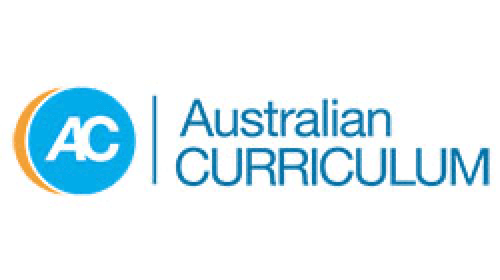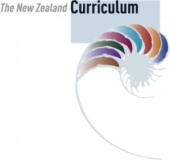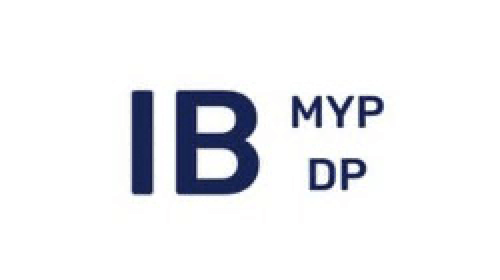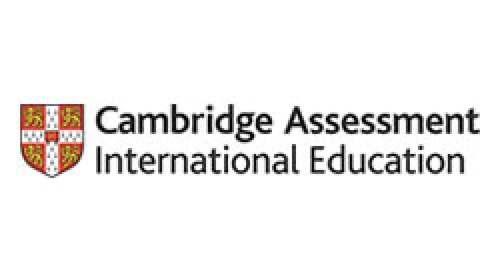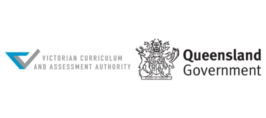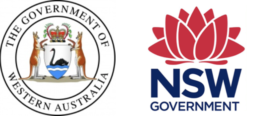Effortlessly differentiate teaching and learning
EP is a toolkit of learning, assessment and analytics features designed to help teachers engage students, track growth and differentiate their teaching.
How it works
EP’s adaptive learning cycle
Engage
Search our library of thousands of curriculum-aligned resources and select skills and knowledge-based lessons. Assign personalised content for classwork, homework and revision.
Our lessons are interactive, expertly designed and oriented to specific learning outcomes.
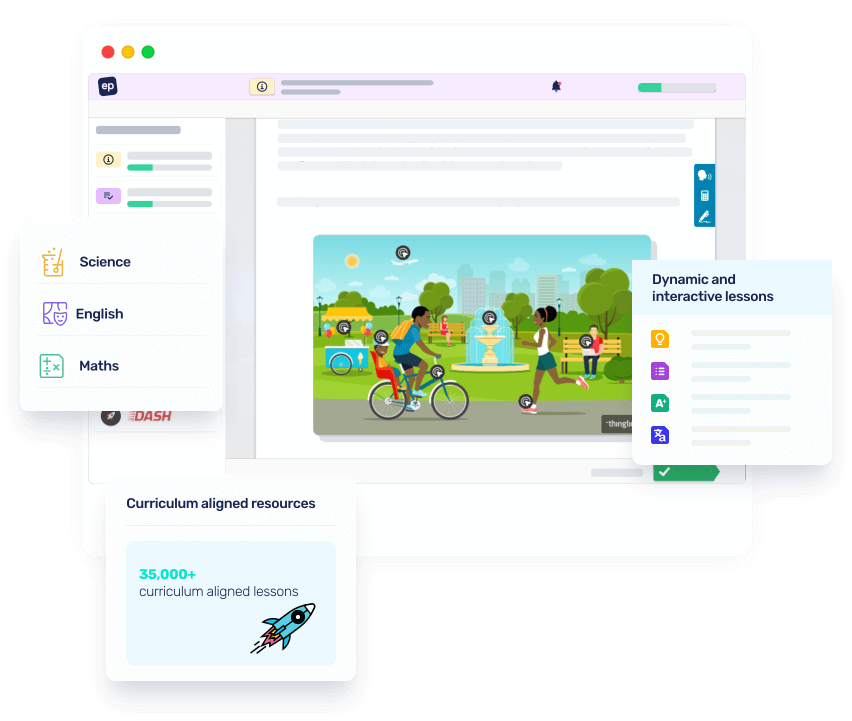
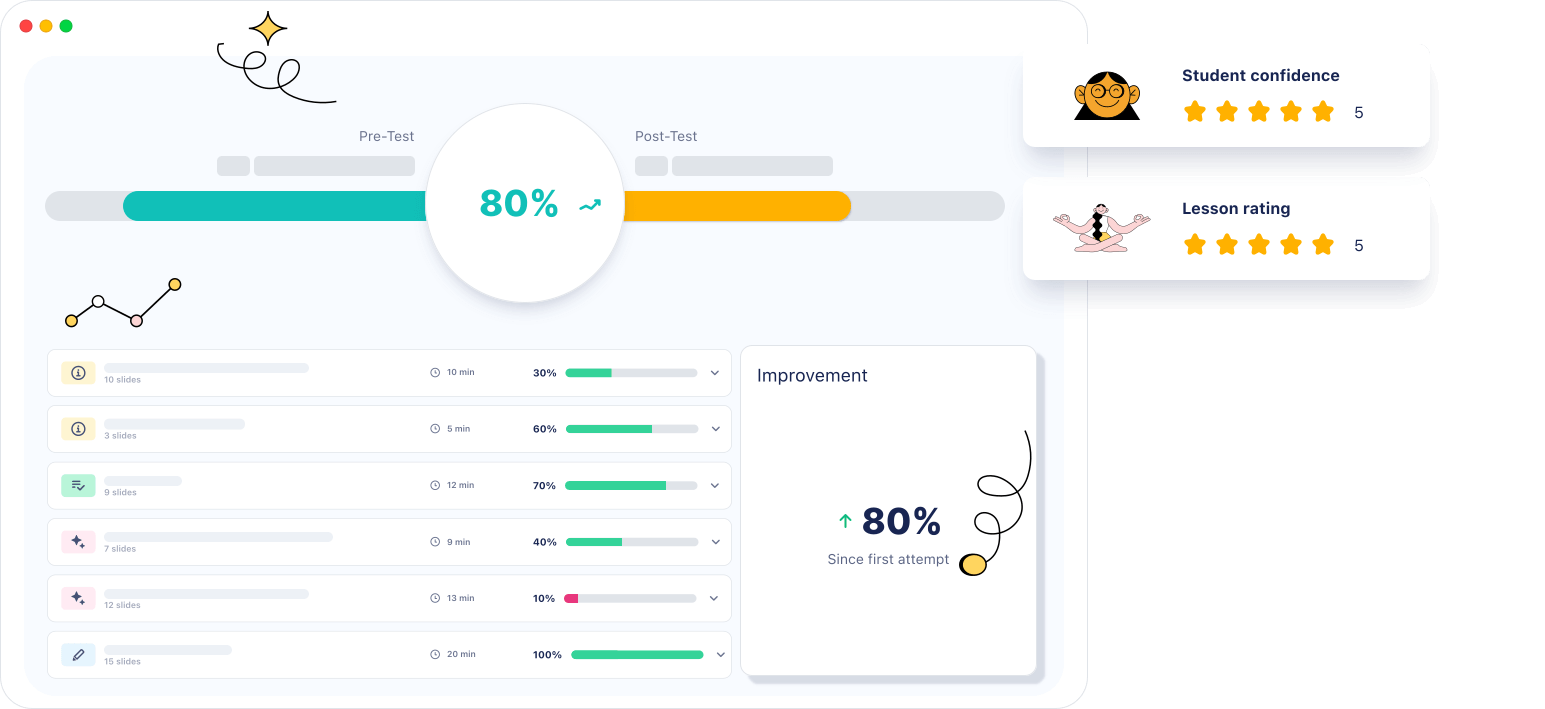
Track
Utilise formative and summative assessments to monitor student progress and achievement in real-time.
Our reporting is intuitive, visual and offers rich insight into strength & growth areas for students.
Differentiate
Create individualised learning pathways for students based on their identified strengths and weaknesses.
We offer easy automation, adaptive lesson recommendations and advanced analytic options.
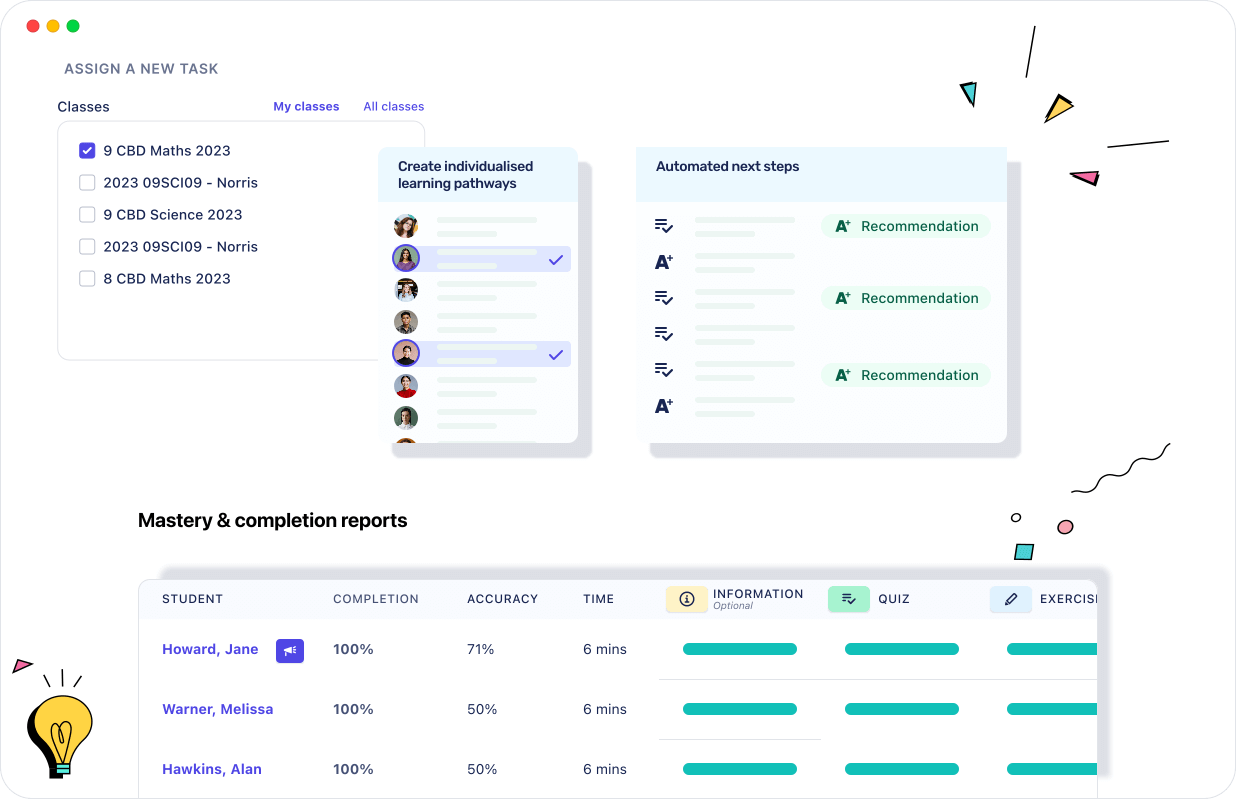
Make a difference
for teachers & students
Optimise teaching time
- Maximise efficiency with automated revision, practice, marking, and concept reinforcement.
- Easily assign tasks for teacher or student absences.
- Teach your way with the ability to customise lessons and sequences.
- Track data and progress visually, with user-friendly interfaces.
- Feel supported with on demand support and access to the EP community.
Empower student learning
- Engage students with blended lessons and interactive activities.
- Foster independent learning and encourage student agency.
- Provide access anywhere on any device.
- Assign tailored content to meet individual needs.
- Create transparency for students and parents with clearly mapped learning outcomes.
Why Education Perfect?
Accredited learning design.
Our learning design is drawn from extensive evidence based research and pedagogical principles. This means students find EP engaging and easy to understand, and has earned us a Digital Promise Product Certification.
Proven results.
EP’s formative assessment cycle has had a proven impact on learning growth and student outcomes.
Comprehensive coverage.
Our resources cover over 8 key subjects across more than 20 curriculums making it easy for you to find the content you need, and consolidate your learning resources at a school level.
Trusted by teachers.
EP is built for teachers by teachers. We are proud to be partnered with over 50k teachers and 1.2mil students across 50+ countries.

“EP will recommend further activities for any students who are struggling with that element. Crucially though, it also identifies them to the teacher, and we can immediately allocate some one-on-one time to go through the concept with them in person.”
Rod Deverson
Deputy Head of English
South Otago High School
A full suite of subjects
Foster a love of learning with over 35,000+ curriculum aligned lessons designed to provide the perfect balance between enjoyment, learning and engagement.
Foster a love of learning with over 35,000+ curriculum aligned lessons designed to provide the perfect balance between enjoyment, learning and engagement.
Foster a love of learning with over 35,000+ curriculum aligned lessons designed to provide the perfect balance between enjoyment, learning and engagement.
Foster a love of learning with over 35,000+ curriculum aligned lessons designed to provide the perfect balance between enjoyment, learning and engagement.
Foster a love of learning with over 35,000+ curriculum aligned lessons designed to provide the perfect balance between enjoyment, learning and engagement.
Foster a love of learning with over 35,000+ curriculum aligned lessons designed to provide the perfect balance between enjoyment, learning and engagement.
Aligned to your curriculum
